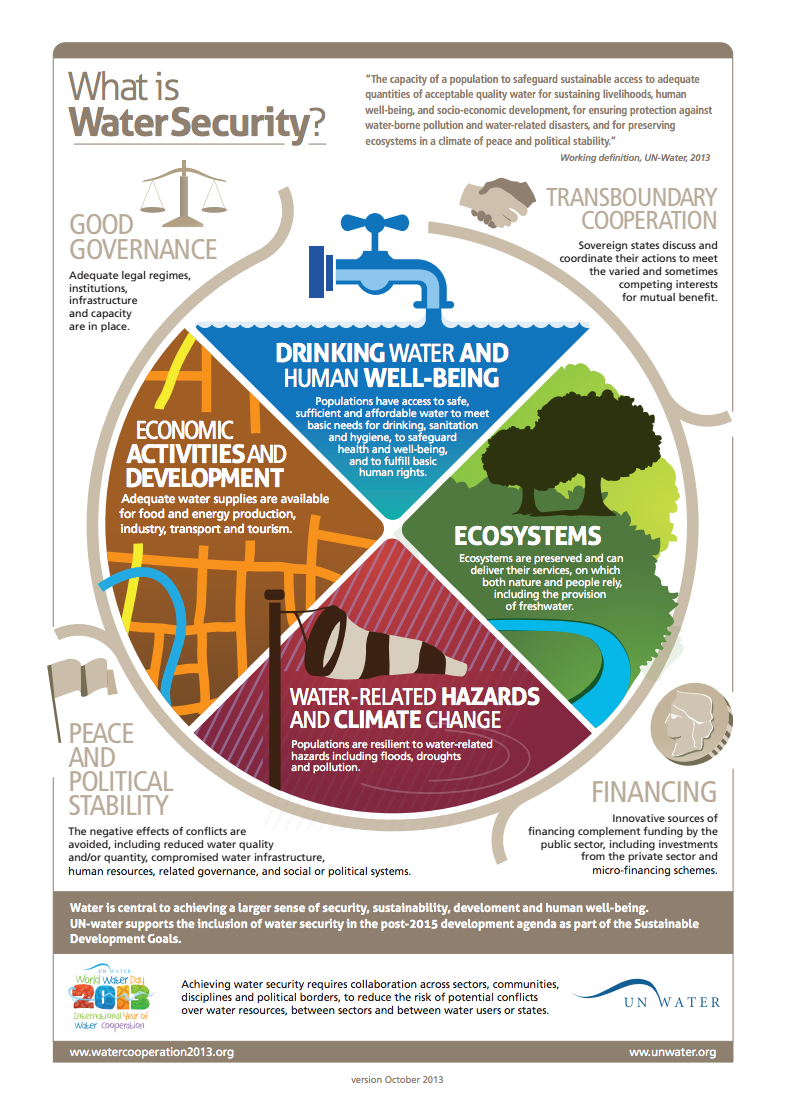Program Overview
Water Security is defined by the UN as The capacity of a population to safeguard sustainable access to adequate quantities of acceptable quality water for sustaining livelihoods, human well-being, and socio-economic development, for ensuring protection against water-borne pollution and water-related disasters, and for preserving ecosystems in a climate of peace and political stability.
The MWS program is designed to train the next generation of Water Security professionals, working in government, industry and NGOs. The MWS program is a joint initiative between SENS and the Global Institute for Water Security (GIWS) at the University of Saskatchewan, the #1 ranked institution for water resources research in Canada. This interdisciplinary program covers Engineering, physical science, social science, policy and management, with particular emphasis on hydrology, biogeochemistry, ecology, modelling, data science, policy and resource management.
Students with a wide range of disciplinary/educational backgrounds will be admitted onto this course. Most of our students will have backgrounds in geology, physical geography, ecological biology, toxicology, physics, environmental/earth science, agricultural science, civil engineering, human geography, law, policy, sociology, psychology, native studies, economics, philosophy or political science - but other backgrounds are welcome. To be admitted, students must have a good undergraduate degree, and must be capable of understanding and applying quantitative methods, as evidenced by having taken and passed an appropriate undergraduate mathematics class.
On graduation, our alumni have pursued careers with provincial government agencies, consultancies and universities.

